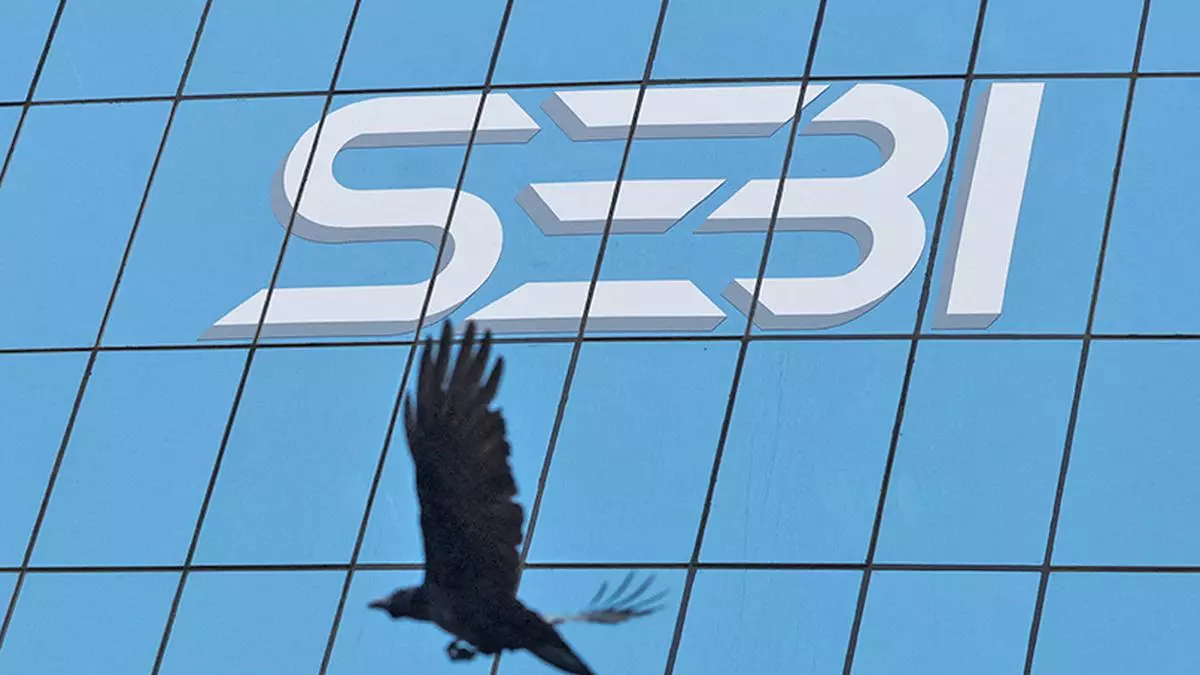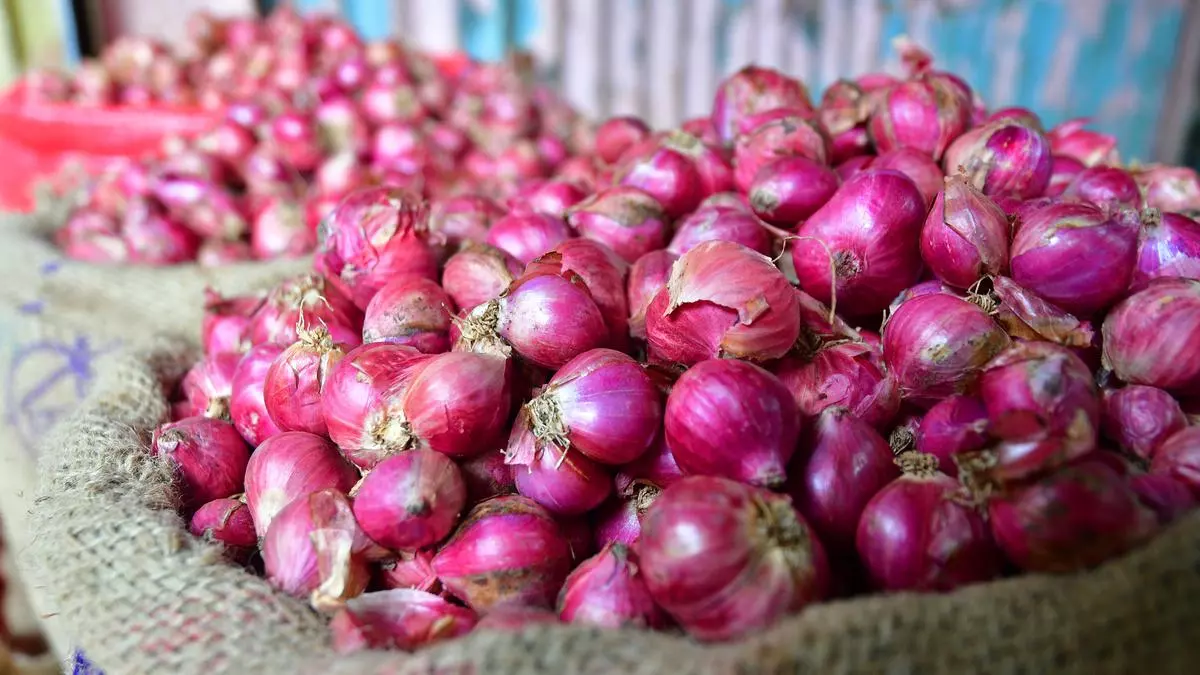Greenhouse gas emissions due to agricultural production must decline 30 per cent by 2030 to align with the Paris Agreement’s goal to limit global warming to 1.5°C by 2050, said the Future Fit Food and Agriculturereportseries.
This can be done through investments from the agri-food sector of up to $205 billion per year between 2025 and 2030 to achieve up to nine gigatons of carbon dioxide equivalent of mitigation annually to 2030, according to a series of reports launched on Tuesday from the Food and Land Use Coalition, the World Business Council for Sustainable Development and We Mean Business Coalition.
“The agri-food sector must play a crucial role in keeping 1.5°C within reach by urgently cutting greenhouse gas emissions and scaling up nature protection solutions through their value chains,” they said.
Understanding implications
The first report in the series is aimed at helping agrifood companies understand the implications of current and emerging voluntary standards and the expected trajectory of regulation for climate and nature. The second report unpacks the financial costs and benefits of implementing mitigation solutions to tackle agriculture and land-use change emissions in company value chains, said a statement from the three organisations.
The climate strategies of most food and agriculture companies, from input providers and food producers, through to traders and multinational companies, are not comprehensive or ambitious enough. According to the World Benchmarking Alliance, 165 of the 350 most influential food and agriculture companies are yet to disclose any “Scope 3 commitments”.
In the light of these challenges, policymakers are increasingly mandating action on climate and nature from companies, using voluntary standards as the basis for new sustainability legislation.
Facing a choice
“Food and agriculture companies are facing a choice. Those striving to deliver ambitious sustainability strategies today, in close collaboration with farmers in their supply chain, will likely enjoy lower costs, stronger returns and greater agility in the face of advancing sustainability regulation. Those that stallwon’t just fail to deliver on climate and nature commitments, they will face higher costs and higher supply chain risks in the long term,” said Morgan Gillespy, Executive Director, Food and Land Use Coalition.
Agricultural production and land-use change emissions in company value chains account for nearly half of total food systems emissions (an estimated 10 GtCO2e of a total 21 GtCO2e in 2030).
The statement said analysis from the Future Fit Food and Agriculture reports series estimates that, to mitigate up to 90 per cent of their annual agricultural and land-use change emissions by 2030, food and agriculture companies should expect sector-wide costs of approximately $205 billion per year (2025-2030). While significant, such investments are manageable for the sector as a whole and they have associated co-benefits. The annual expenses represent less than 2 per cent of the sector’s projected $13 trillion average annual revenues for 2025-2030.
More potential returns
One-fifth of the investments will be in new and growing markets. “These investments, estimated to be $40 billion per year (average annual from 2025-2030), could lead to potential additional returns of up to $190 billion per year by 2030,” it said.
Some on-farm solutions provide savings and/or increased yields worth up to $30 billion per year. Other associated co-benefits include increased supply-chain resilience and delivery on other sustainability commitments, such as nature targets, it said.
The burden of implementing mitigation solutions should be shared more equitably across value chains. In general, the more upstream a value chain participant is, the lower its margins tend to be. Farmers in particular tend to have the lowest margins of any value chain participants.
“It follows that companies across the value chain must work together to determine transition economics and arrive at a transparent, fair and equitable distribution of costs and benefits. They also stand to benefit from making more unified policy requests to the government on what it can do to alleviate the costs for all and enable acceleration,” the statement said.
Mobilising equitable investments
The second Future Fit Food and Agriculture report says costs for mitigation, as a percentage of revenues, change very significantly depending on where actors sit along the value chain. The report shares three examples to illustrate this point, including the case of a Brazilian beef farmer, for whom mitigating 30 per cent of the agricultural production emissions could cost as much as 17 per cent of their revenues – an unrealistic expectation given farmers typically achieve profit margins of less than 20 per cent, it said.
Overcoming inequity requires food and agriculture companies to reassess how they partner with other actors in the value chain, particularly farmers, and how they engage with policymakers to incentivise and accelerate action.
“Some companies are already leading the way on this, with several working together through the likes of the World Business Council for Sustainable Development (WBCSD) to identify where they can problem solve collectively, raise ambition levels, drive harmonisation, and accelerate the implementation of critical solutions,” it said.
“Food system transformation is a central solution to climate change and agrifood companies have a critical role to play. To meet net-zero targets, businesses must take concerted and ambitious action to de-risk the transition for producers and ensure the costs and benefits of mitigation are shared equitably across the value chain,” said Diane Holdorf, Executive Vice President, WBCSD.
“Transitioning to a future fit food system will require companies to mobilise equitable investments and fair partnerships with farmers. This new research highlights that the capital needed to drive that transformation is not only within reach, but will also pay dividends to early movers,” said Luke Pritchard, Deputy Director, Nature Based Solutions, We Mean Business Coalition.
Crime Today News | Business & Economy
Source | Powered by Yes Mom Hosting





